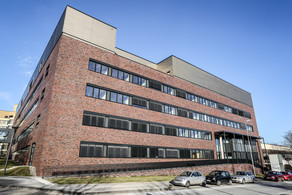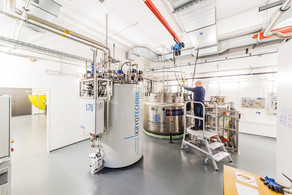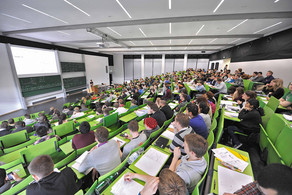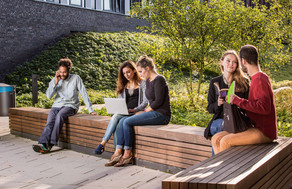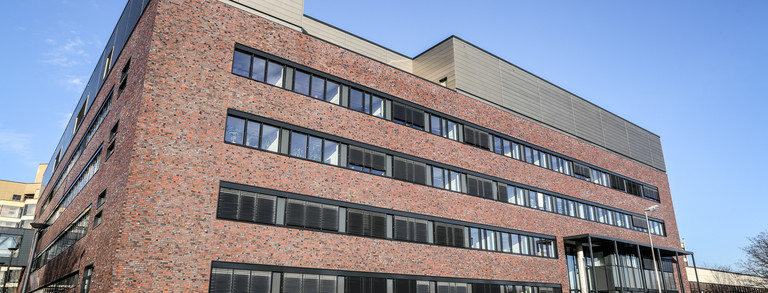Appointment of Mr. Sabass

Mr. Sabaß studied physics at the University of Heidelberg, where he also discovered his enthusiasm for research into the "physics of life". After completing a doctorate in theoretical physics at the University of Stuttgart, he initially moved to industry for a year in 2012 and worked on a development project in the field of electromobility. From 2014 to 2016, he conducted research as a DAAD Postdoctoral Fellow at Princeton University. He then became a research group leader at Forschungszentrum Jülich in the Institute for Biological Information Processing from 2016 to 2020. In August 2020, he accepted a professorship at Ludwig-Maximilians-Universität München, where he worked at the Faculty of Veterinary Medicine and the Department of Physics. Among other awards, he received an ERC Starting Grant for his research.
Prof. Sabaß's work is characterized by the close connection between theoretical physics and biological issues. A central research topic is the "micromechanics of life". In order to make these micromechanics visible, he is developing microscopy methods with which cellular forces can be precisely measured. In this way it is possible, for example, to investigate how cancer cells move, how pathogens infect a host or how complex organs form.
Another of Prof. Sabaß's research interests is the interaction between climate change and microbial life, in particular methanogenesis. Atmospheric methane currently contributes around 0.5 °C to global warming, making the reduction of emissions one of the most urgent challenges. In this context, he conducts both basic research and the development of active substances for the targeted inhibition of methanogenesis in the rumen of ruminants.




